How to Boost Science Concepts with KLEWS Bulletin Boards

Teachers have been using KWL charts for everything from social studies lessons to literature units for years. The idea of bridging what students know, wonder, and learn is a student-centered approach to learning processes. KLEWS charts take the idea a step further for teaching and learning science.
What is a KLEWS chart and what does it stand for?
The KLEWS chart is a reimagined version of the KWL chart for inquiry-based teaching and learning in science. Columns were added to KLEWS for evidence and scientific concepts and vocabulary as students explore and engage in science education.
A KLEWS chart allows a class to map ideas about a topic over time. This kind of chart can provide important scaffolding for supporting students in scientific explanations. KLEWS stands for Know, Learn, Evidence, Wonder, and Science Concepts.
- Know- What do I think I know?
- Learn- What did I learn from my observations?
- Evidence- What did I observe or measure?
- Wonder- What do I still wonder?
- Science Concepts- What science concepts or vocabulary help explain what I observed?
Incorporating KLEWS into inquiry-based teaching and learning
Inquiry-based learning moves students beyond curiosity and into authentic problem-solving as it guides students through the application of science skills. KLEWS charts provide visual representations of the process, including claims and evidence with science vocabulary and principles, making it easier for students to make the connections.
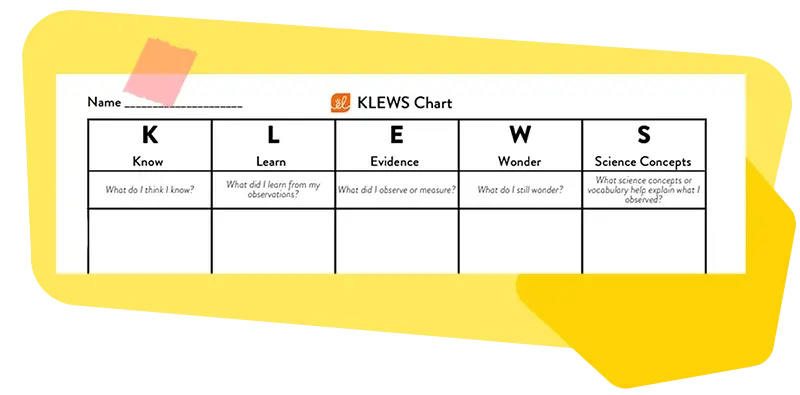
Whether they’re completed as a class, with partners, or independently, KLEWS charts encourage student-centered learning through inquiry-based questioning, research, and exploration of new ideas. Turning those charts into larger visuals as bulletin boards provides further support for student learning.
Leveraging KLEWS bulletin boards to reinforce science concepts
Teaching science is all about engaging students through critical thinking and experimentation–just like real scientists. Data collection and organization with KLEWS charts help students evaluate if evidence supports a claim. KLEWS bulletin boards help them to see the connections between claims and evidence and increase student engagement in the process. This leads to the synthesis and application of knowledge in new ways.
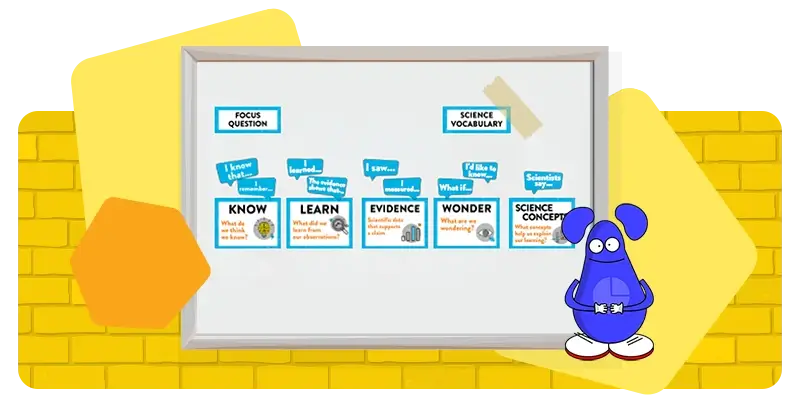
The benefits of utilizing bulletin boards for science education
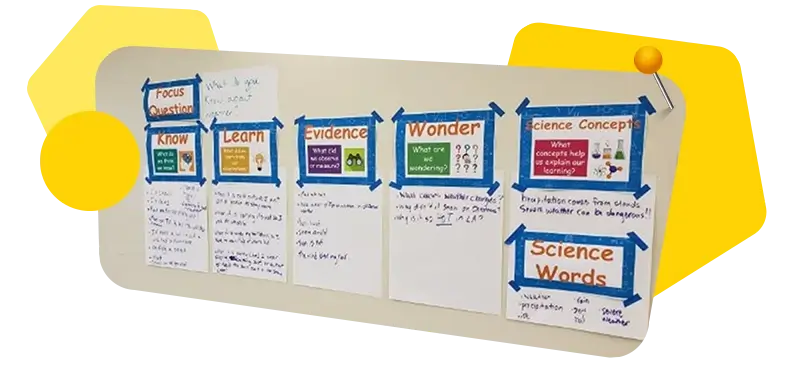
KLEWS bulletin boards grow and change as students move through the instructional sequences of investigations. Students might alter their questions as they gain new knowledge of the concepts. Evidence gathered from the investigations allows for the assessment of prior knowledge and building or evaluating claims. These bulletin boards sharpen the focus on the scientific concept as students connect the evidence to the claims of scientific concepts.
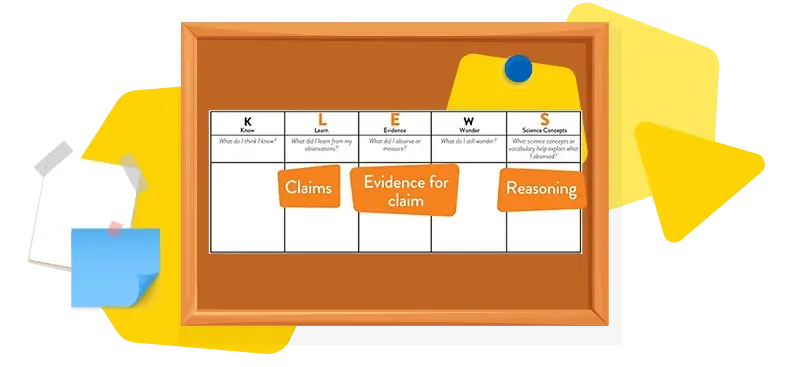
A KLEWS bulletin board serves as a model of scientific investigations before transitioning into CER (Claim, Evidence, Reasoning). Using a KLEWS chart is a great way to teach students how to build scientific explanations because it scaffolds students as they record what they observe, collect evidence, and finally build explanations using scientific reasoning.
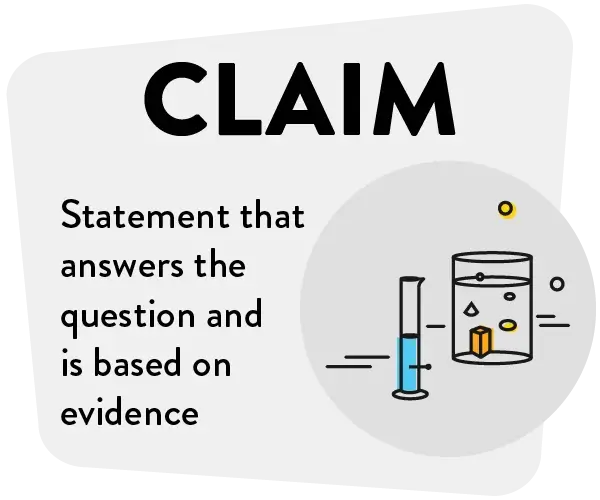

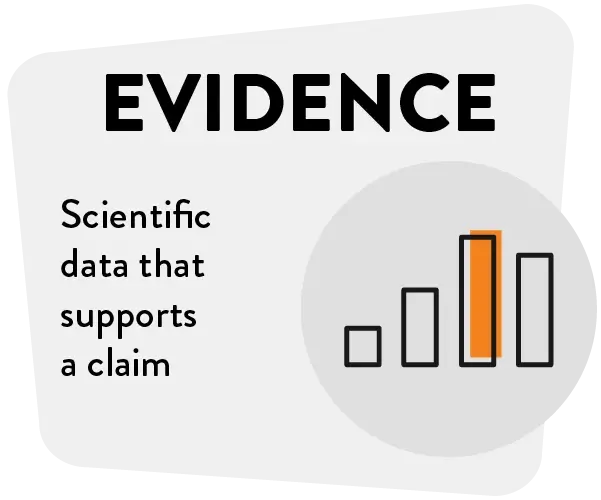
Take early science education to a new level with Science4Us
It’s never too early to learn science and make those connections with Science4Us. The sessions contain 1000s of online and offline activities that can be completed in as little as 10 minutes through videos, interaction, poems, songs, and digital notebooks. Students broaden their vocabulary and understanding of scientific terminology while allowing educators to teach literacy and science simultaneously. The exercises incorporate literacy skills, exposing students to science vocabulary, sight words, and more.
Ready to learn more about incorporating KLEWS in your classroom? We have a Professional Development workshop for you. Teachers investigate ways to effectively infuse literacy into science lessons with Science4Us and explore the use of the KLEWS and CER Frameworks to construct scientific explanations.

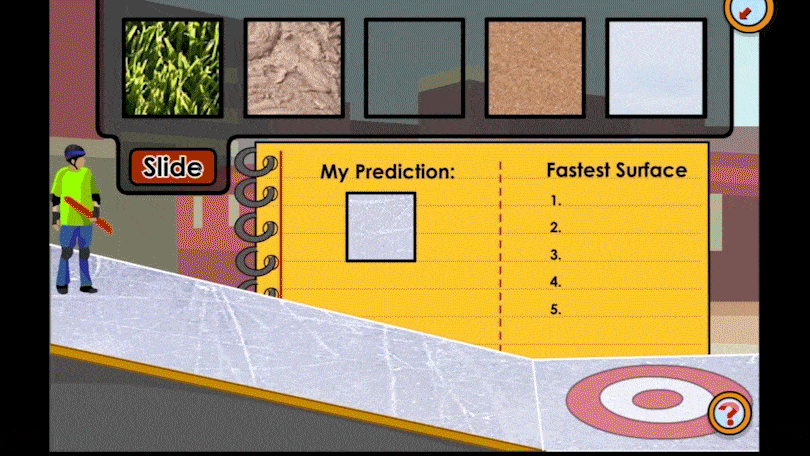
What if you haven’t tried Science4Us with your students yet? Don’t worry! Sign up for your free trial today.
Start My TrialSign up to get the latest updates from ExploreLearning via occasional email.